Washington Dc University Map
washington dc university map
Related Articles: washington dc university map
Introduction
With enthusiasm, let’s navigate through the intriguing topic related to washington dc university map. Let’s weave interesting information and offer fresh perspectives to the readers.
Table of Content
Navigating the Landscape of Higher Education in Washington, D.C.: A Comprehensive Guide to University Locations
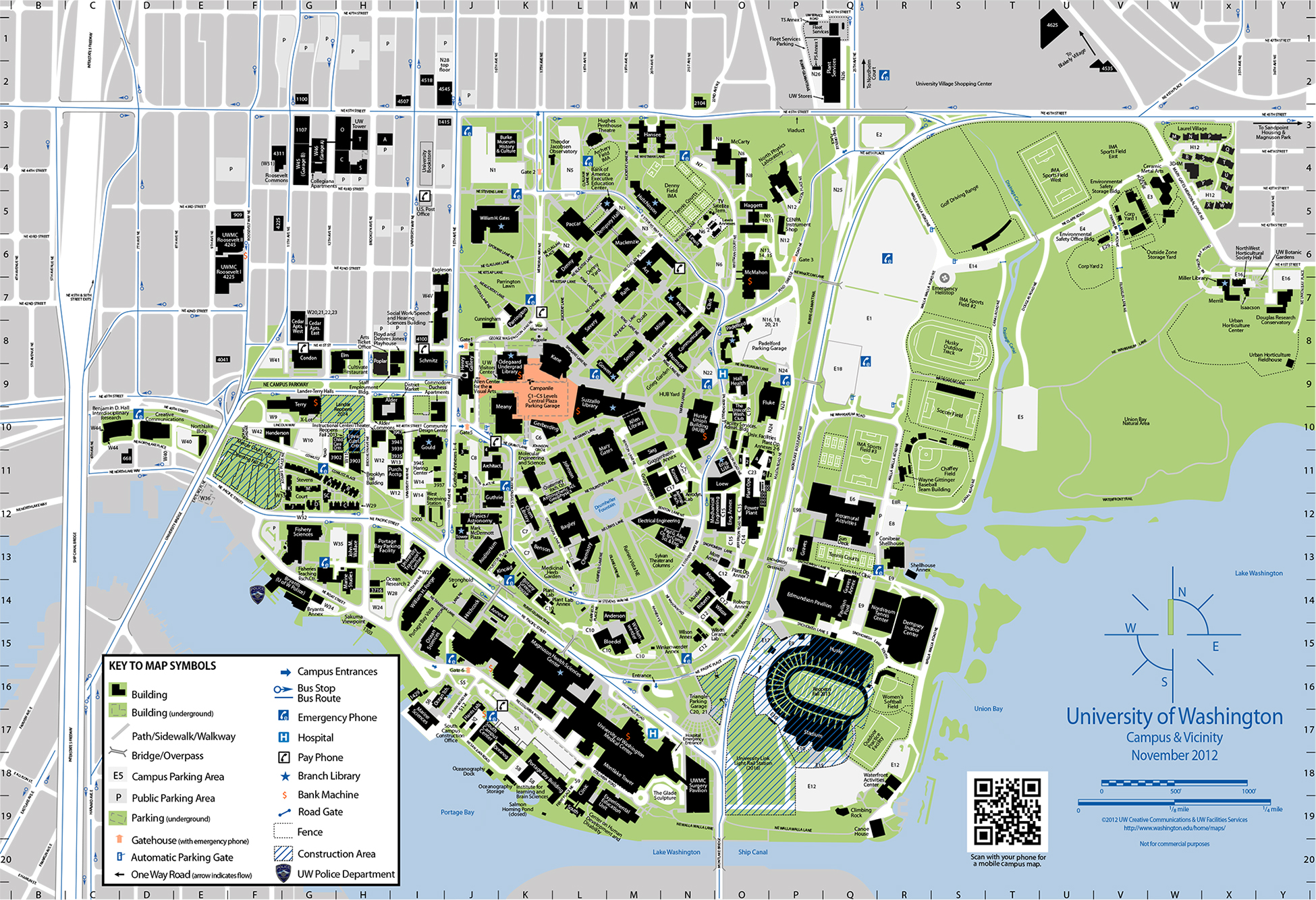
Washington, D.C., a city brimming with history, culture, and political influence, also boasts a vibrant and diverse higher education landscape. Understanding the geographical distribution of universities within the city is essential for prospective students, researchers, and anyone seeking to engage with the intellectual and academic energy that permeates the nation’s capital. This article provides a comprehensive overview of university locations in Washington, D.C., highlighting their unique characteristics and contributions to the city’s intellectual fabric.
A City of Universities: A Geographical Overview
Washington, D.C., is home to a remarkable array of universities, each contributing to the city’s intellectual and cultural vibrancy. These institutions are strategically located across the city, reflecting the diverse needs and aspirations of their student populations.
- The Heart of Academia: The Foggy Bottom and Downtown Areas
The Foggy Bottom and Downtown areas are the traditional centers of higher education in Washington, D.C., hosting some of the city’s most prestigious universities.
-
Georgetown University: Founded in 1789, Georgetown University stands as a historic landmark, situated on a sprawling campus in the Georgetown neighborhood. Its iconic Healy Hall, a majestic Gothic Revival building, is a testament to the university’s rich history and architectural grandeur. Georgetown’s location offers students easy access to the vibrant cultural scene of the city, while its proximity to the White House and other government institutions provides unparalleled opportunities for internships and career development in the political sphere.
-
George Washington University: Situated in the heart of Washington, D.C., George Washington University (GWU) stands as a major research university, offering a wide range of academic programs. Its sprawling campus encompasses the Foggy Bottom and Mount Vernon Square neighborhoods, providing students with a diverse and stimulating environment. GWU’s location provides unparalleled access to the city’s cultural and political institutions, making it an ideal choice for students interested in public policy, international affairs, and law.
-
American University: Nestled in the Tenleytown neighborhood, American University (AU) offers a unique blend of urban and suburban living. Its picturesque campus, with its rolling hills and verdant landscapes, provides a tranquil escape from the hustle and bustle of the city. AU’s proximity to the National Zoo and Rock Creek Park offers students ample opportunities for outdoor recreation and relaxation.
-
The Capitol Hill and Eastern Market Areas
These areas are home to a cluster of universities, each with its unique character and focus.
-
Catholic University of America: Located on a sprawling campus in the Brookland neighborhood, Catholic University of America (CUA) offers a strong Catholic tradition and a diverse range of academic programs. Its proximity to the U.S. Capitol Building and the Library of Congress provides students with unique opportunities for research and engagement with the political process.
-
Gallaudet University: Situated in the historic Kendall Green neighborhood, Gallaudet University is a world-renowned institution for the deaf and hard of hearing. Its campus offers a vibrant and inclusive community, dedicated to providing accessible education and fostering deaf culture.
-
Howard University: A historically Black university, Howard University is situated in the Shaw neighborhood, a historically significant area with a rich cultural heritage. Howard University is renowned for its strong academic programs in the arts, sciences, and humanities, and its commitment to social justice and equity.
-
The University of the District of Columbia: Located in the historic Van Ness neighborhood, the University of the District of Columbia (UDC) is a public university committed to serving the diverse needs of the city’s residents. Its location provides easy access to the city’s cultural and political institutions, making it an ideal choice for students seeking a comprehensive education with a strong focus on community engagement.
-
The Anacostia Neighborhood: A Hub of Innovation
-
University of Maryland, University College: With a campus located in the Anacostia neighborhood, University of Maryland, University College (UMUC) offers a wide range of online and in-person programs, catering to students seeking flexible and accessible learning options. Its location in the Anacostia neighborhood provides students with a unique opportunity to engage with the diverse cultural heritage of the city’s eastern neighborhoods.
Beyond the Campus: The City as a Living Laboratory
The universities in Washington, D.C., are not simply isolated institutions; they are deeply interconnected with the city’s social, cultural, and political life. Students have access to a vast array of museums, theaters, art galleries, and historical landmarks, providing them with unique opportunities for enrichment and intellectual stimulation. The city’s political landscape, with its proximity to the White House, the U.S. Capitol Building, and various government agencies, offers unparalleled opportunities for internships, research, and engagement with policy issues.
Navigating the City: Transportation and Connectivity
Washington, D.C., boasts an extensive public transportation system, making it easy for students to navigate the city and connect with different universities and neighborhoods. The city’s Metro system, with its numerous lines and stations, provides convenient and efficient access to all parts of the city. Additionally, the city’s extensive bus network offers comprehensive coverage, ensuring easy access to universities and other points of interest.
The University Map: A Visual Guide to Academic Exploration
A visual map highlighting the locations of universities in Washington, D.C., provides a valuable resource for prospective students, researchers, and anyone seeking to understand the city’s academic landscape. This map can serve as a starting point for exploring the diverse offerings of each institution, and for understanding the geographical distribution of academic excellence within the city.
FAQs: Addressing Common Questions About Washington, D.C. Universities
Q: What are the top-ranked universities in Washington, D.C.?
A: Washington, D.C., is home to several highly ranked universities, including Georgetown University, George Washington University, American University, and Johns Hopkins University (with a campus in Baltimore, Maryland, but with a significant presence in D.C.). These institutions consistently rank among the top national universities in various academic disciplines.
Q: What are the best universities for specific majors in Washington, D.C.?
A: The city offers a diverse range of programs across various disciplines. For example, Georgetown University is renowned for its programs in international affairs, law, and business, while George Washington University excels in public policy, health sciences, and engineering. American University is known for its programs in communications, international studies, and public administration.
Q: What are the admission requirements for universities in Washington, D.C.?
A: Admission requirements vary depending on the specific university and program. Generally, universities in Washington, D.C., require strong academic credentials, including high school transcripts, standardized test scores (such as the SAT or ACT), and letters of recommendation. Some universities may also require personal essays, interviews, and portfolios for specific programs.
Q: What are the costs of attending universities in Washington, D.C.?
A: Tuition and fees vary significantly depending on the university, program, and residency status. Public universities generally have lower tuition rates for residents of the District of Columbia, while private universities have higher tuition rates. Students should carefully consider the costs associated with each university and program before making a decision.
Q: What are the job prospects for graduates of universities in Washington, D.C.?
A: Washington, D.C., is a major center for government, international organizations, and non-profit institutions, offering a wide range of career opportunities for graduates in various fields. The city’s proximity to government agencies, think tanks, and international organizations provides ample opportunities for graduates in public policy, international affairs, law, and other related fields.
Tips for Navigating the University Landscape in Washington, D.C.
- Research and compare programs: Carefully research different universities and programs to find the best fit for your academic interests and career goals. Consider factors such as academic reputation, program offerings, faculty expertise, and student life.
- Visit campuses: Visiting campuses allows you to experience the atmosphere and culture of each university firsthand. You can meet with faculty, current students, and admissions staff to learn more about the university and its offerings.
- Attend open houses and information sessions: Open houses and information sessions provide valuable insights into the university’s academic programs, student life, and campus culture.
- Connect with alumni and current students: Talking to alumni and current students can provide valuable perspectives on the university’s academic rigor, student life, and career opportunities.
- Consider the location and accessibility: Consider the location of each university and its proximity to your desired neighborhoods, public transportation, and other points of interest.
- Explore financial aid options: Research financial aid options, including scholarships, grants, and loans, to help fund your education.
Conclusion: A City Embracing Intellectual Curiosity
The universities in Washington, D.C., are not merely educational institutions; they are vital threads in the city’s cultural and intellectual tapestry. They serve as centers of learning, research, and innovation, contributing to the city’s reputation as a global hub for knowledge and progress. By understanding the diverse locations and offerings of these universities, students, researchers, and residents can engage with the rich academic landscape that defines the nation’s capital. The map of Washington, D.C. universities is not simply a geographical representation; it is a testament to the city’s commitment to fostering intellectual curiosity, critical thinking, and a passion for knowledge.


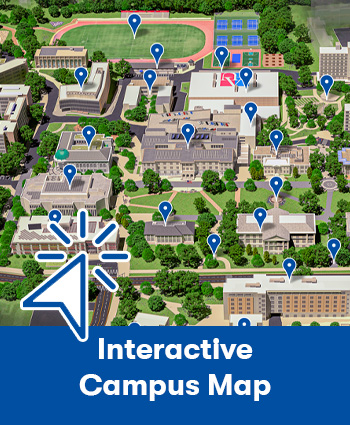
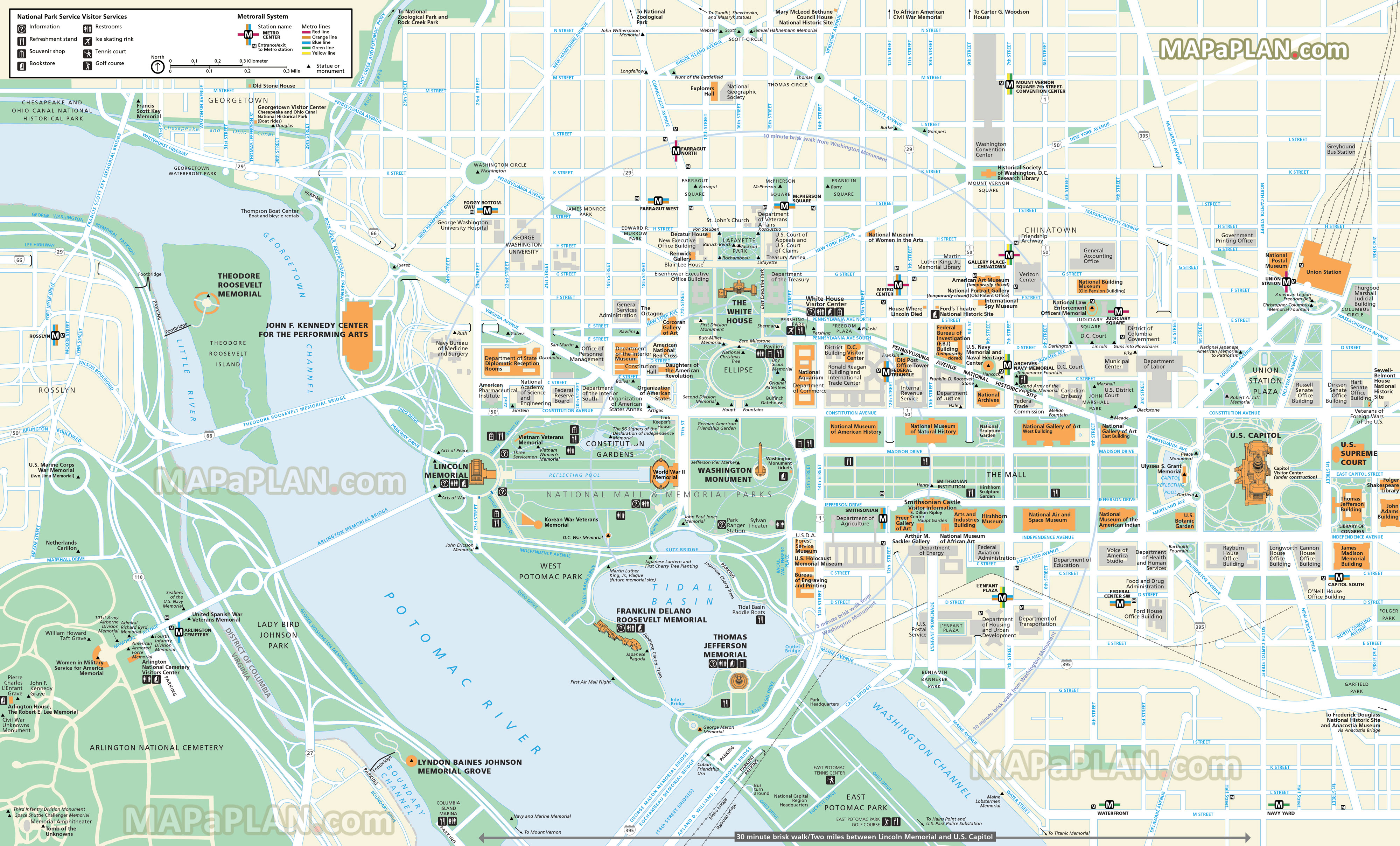


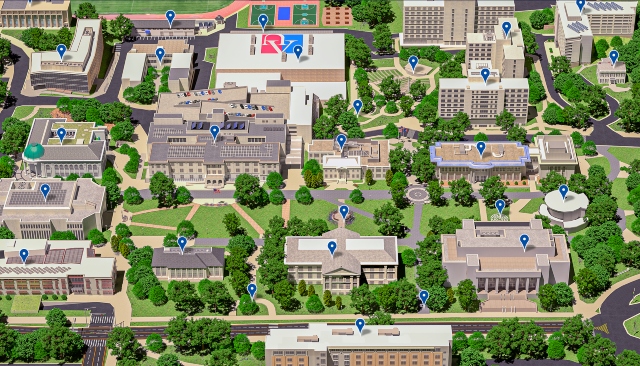
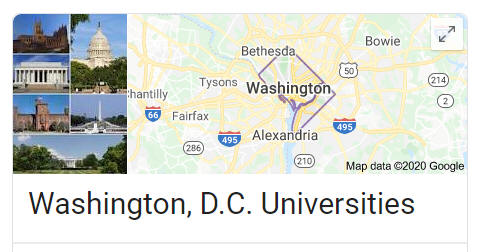
Closure
Thus, we hope this article has provided valuable insights into washington dc university map. We hope you find this article informative and beneficial. See you in our next article!